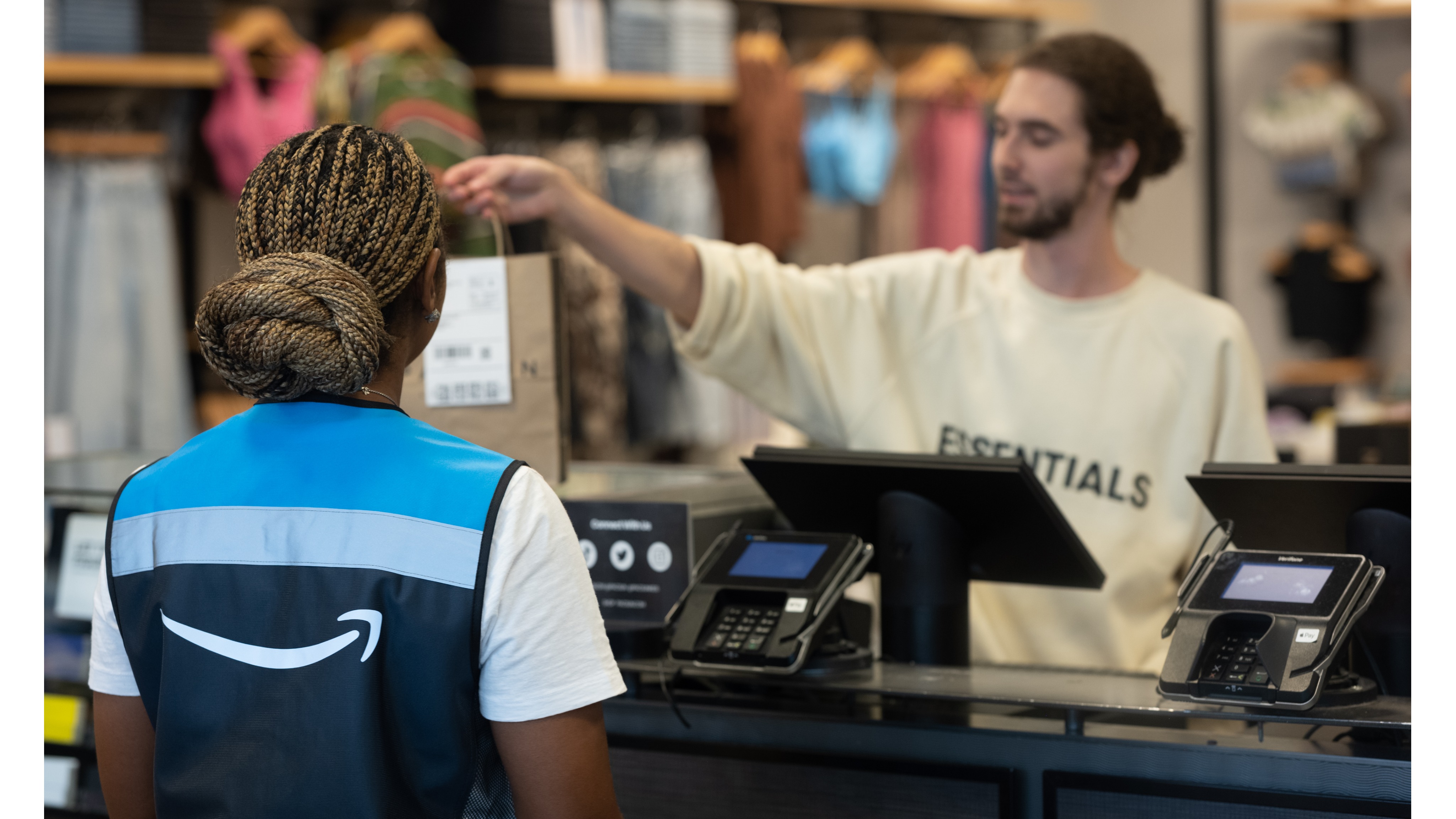Co-op has launched a scheme with Starship to make food deliveries using autonomous robots to customers in Cambridge.
Customers make an order through the Starship food delivery app and can watch the robot travel in real time on an interactive map. They then receive an alert once the robot arrives at its destination and can unlock it through the app.
Starship, created by the co-founders of Skype in 2014, said the robots use a combination of sensors, AI and machine learning to travel on pavements and navigate around obstacles. They also have a computer vison-based navigation system to help them map their surroundings.
The robots are battery powered and travel at around four miles per hour, which is equivalent to the speed of a pedestrian. Starship claims they are energy efficient, using less energy than it takes to run a kettle per delivery.
“Co-op is committed to exploring new and innovative ways to increase access to its products and services,” said Chris Conway, e-commerce director at Co-op. “Our members and customers lead busy lives and so ease, speed and convenience is a cornerstone of our approach.”
The scheme was piloted in Cambourne earlier this year and 98 per cent of people in the trial said they would recommend the service to their friends.
Andrew Curtis, UK operations manager at Starship Technologies, added: “We are delighted to be expanding our on-demand, quick and sustainable grocery delivery service to an additional 12,200 residents in Cambridge. Our friendly robots have been very well received, and as a result are actively reducing traffic congestion and carbon emissions in the areas they operate in.”
Latest News
-
UK government to invest £150m to restore ‘ailing High Streets’
-
Walmart increases pay for 3,000 pharmacy technicians
-
IGD urges industry to ‘prepare now’ before agentic AI transforms shopping
-
Saks Global to terminate Amazon partnership as bankruptcy restructuring deepens
-
Amazon in talks for up to $50bn investment in OpenAI
-
Co-op to open 18 stores in 2026
Beyond Channels: Redefining retail with Unified Commerce
This Retail Systems fireside chat with Nikki Baird, Vice President, Strategy & Product at Aptos will explore how unified commerce strategies enable retailers to tear down these barriers and unlock new levels of operational agility and customer satisfaction.
The future of self-checkout: Building a system that works for consumers and retailers
In this webinar, industry leaders discussed what the future of self-checkout looks like and how retailers can make the technology work for everyone.
© 2024 Perspective Publishing Privacy & Cookies



.jpg)
.jpg)





Recent Stories